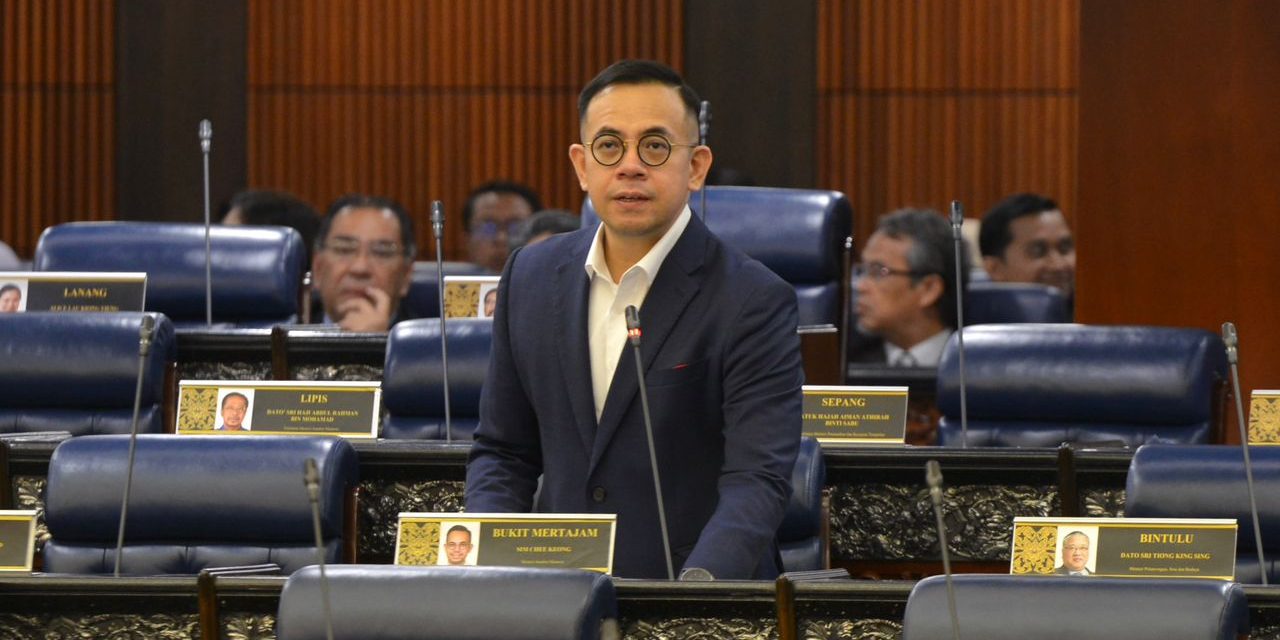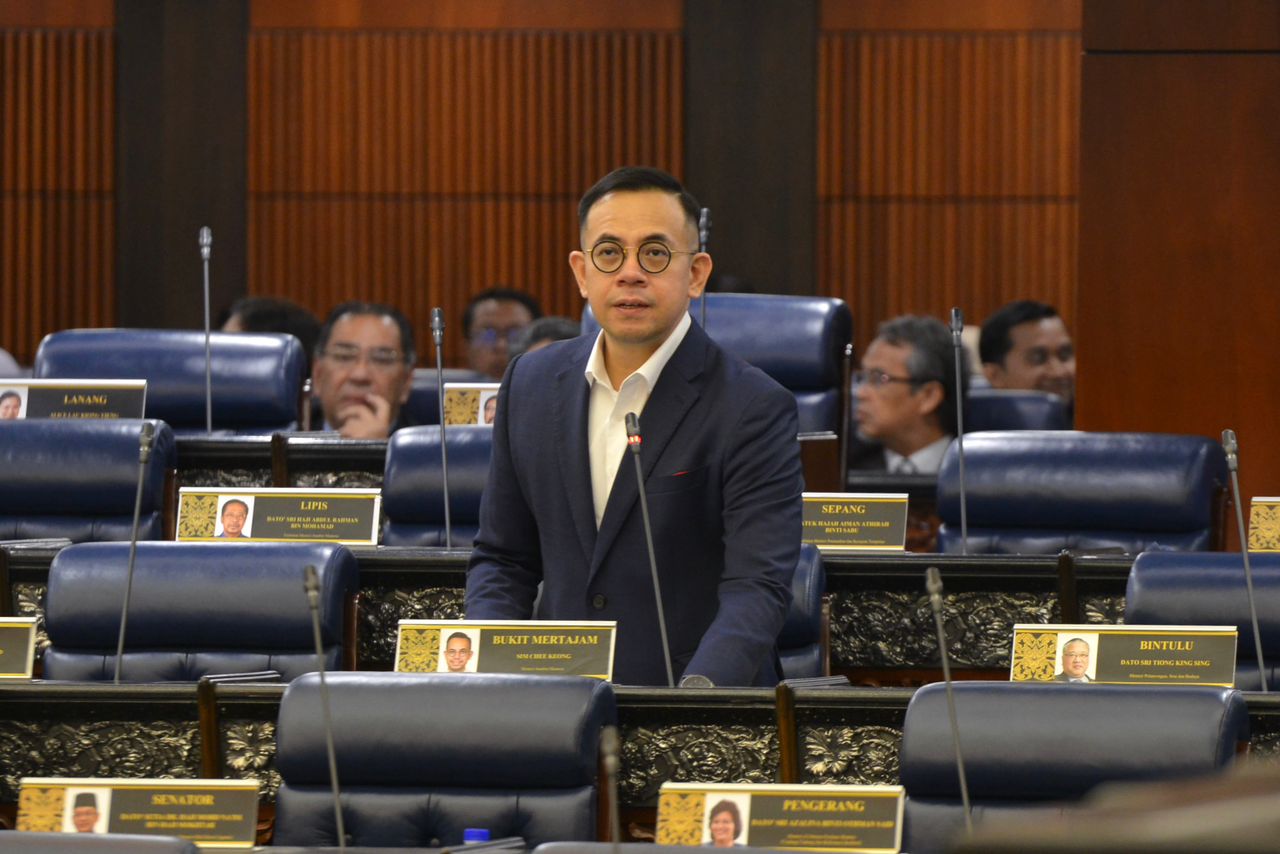The Human Resources Ministry (KESUMA) has tabled two key amendment bills in Parliament to strengthen the country’s skills development system and ensure Malaysia’s workforce is ready to face a future economy driven by skills and technology.
Human Resources Minister Steven Sim Chee Kheong said the two bills – the National Skills Development (Amendment) Bill 2025 [Act 652] and the Skills Development Fund (Amendment) Bill 2025 [Act 640] – were tabled for first reading in the Dewan Rakyat.
In a statement, he said the amendments mark a significant step in enhancing Malaysia’s national skills framework, making it more inclusive, flexible and high-impact, in line with the Malaysia MADANI agenda, which emphasises skills, welfare and people-centred outcomes.
“This move will enable the Skills Development Fund Corporation (PTPK) to extend loans and financial assistance to a broader group of Malaysians, including trainees in non-Malaysian Skills Certificate (SKM) programmes that are in high demand by industries,” he said.
Among the key changes under the National Skills Development (Amendment) Bill include expanding the membership of the National Skills Development Council to include strategic ministries and professional bodies, making the national Technical and Vocational Education and Training (TVET) policy more inclusive.
The amendment also seeks to recognise training programmes outside the National Occupational Skills Standard (NOSS) for financing purposes, extend the accreditation period for training providers from three to six years, and introduce clearer procedures for suspension and cancellation.
It will also introduce the Malaysian Modular Skills Certificate (MMSC) as a flexible learning pathway aligned with lifelong learning principles and create new categories such as skills experts, senior skills experts and skills consultants.
Meanwhile, the Skills Development Fund (Amendment) Bill aims to broaden PTPK’s financing scope to include other training programmes recognised by the Department of Skills Development (DSD) and enhance governance through more transparent approval and management processes.
The amendment also strengthens enforcement powers, including a 12-year limitation period for legal action and travel restrictions for defaulting borrowers.
Sim added that the second reading of both bills will take place in the same parliamentary session.
-HR HUB











